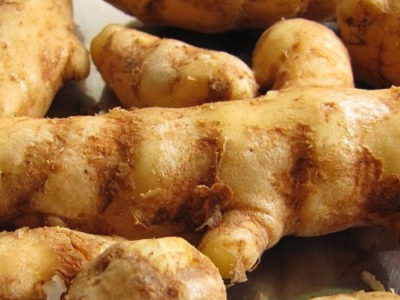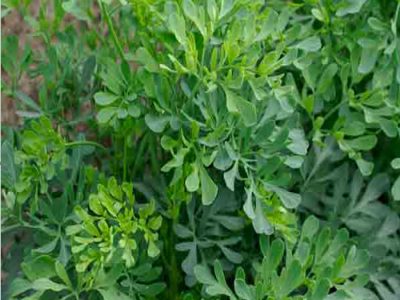
HEALTH BENEFIT FOR JICAMA VEGETABLE
Jicama, a root vegetable native to Mexico and Central America, offers several health benefits due to its nutritional content and properties:
- Low in Calories: Jicama is very low in calories, making it a great choice for those looking to manage their weight. It provides volume and a feeling of fullness without contributing many calories.
- High in Fiber: Jicama is an excellent source of dietary fiber, particularly inulin, which is a type of prebiotic fiber. Dietary fiber supports digestive health by promoting regular bowel movements, preventing constipation, and feeding beneficial gut bacteria.
- Vitamin C: Jicama is rich in vitamin C, which is a powerful antioxidant that supports the immune system, helps maintain healthy skin, and aids in wound healing.
- Potassium: This root vegetable contains potassium, an essential mineral that plays a crucial role in maintaining healthy blood pressure and proper muscle and nerve function.
- Low Glycemic Index: Jicama has a low glycemic index (GI), which means it has a minimal impact on blood sugar levels. It can be a suitable choice for individuals looking to manage their blood sugar.
- Hydration: Jicama has a high water content, which can help keep you hydrated, especially in hot weather.
- Prebiotic Properties: Inulin, the prebiotic fiber found in jicama, nourishes beneficial gut bacteria. A healthy gut microbiome is associated with improved digestion and immune function.
- Versatility: Jicama’s crunchy texture and mild, slightly sweet flavor make it a versatile ingredient that can be used in a variety of dishes, from salads and salsas to stir-fries and even as a healthy snack.
- Low in Fat: Jicama is virtually fat-free, which can be advantageous for those watching their fat intake.
- Rich in Antioxidants: While not as well-known as some other fruits and vegetables, jicama contains a variety of antioxidants that help protect cells from oxidative damage and may reduce the risk of chronic diseases.
It’s important to note that while jicama offers these health benefits, it should be part of a balanced diet that includes a variety of vegetables, fruits, lean proteins, whole grains, and healthy fats to ensure a well-rounded intake of essential nutrients. Additionally, individual dietary needs and preferences may vary, so it’s always a good idea to consult with a healthcare professional or registered dietitian for personalized dietary advice.
NUTRITIONAL VALUE FOR JICAMA VEGETABLE:
- Calories: 49 calories
- Carbohydrates: 12 grams
- Dietary Fiber: 6 grams
- Sugars: 2 grams
- Protein: Less than 1 gram
- Fat: Less than 1 gram
- Vitamin C: 44%
- Vitamin A: 1%
- Folate: 4%
- Potassium: 6%
- Magnesium: 3%
- Iron: 1%
(Visited 36 times, 1 visits today)



